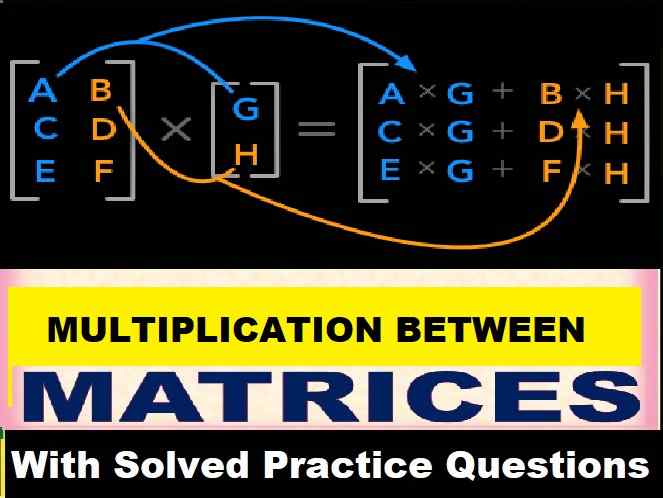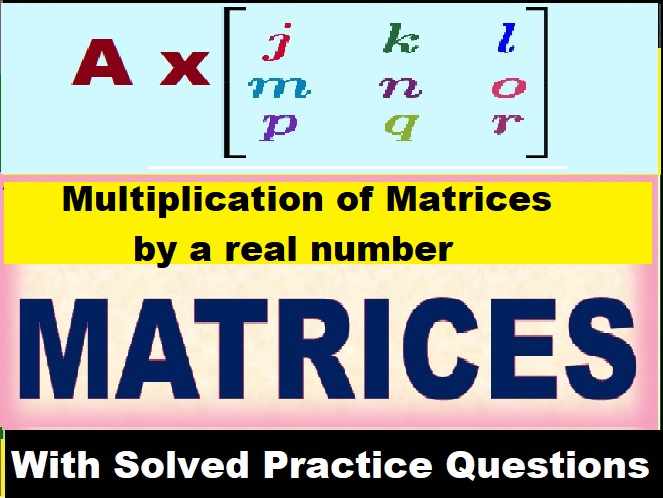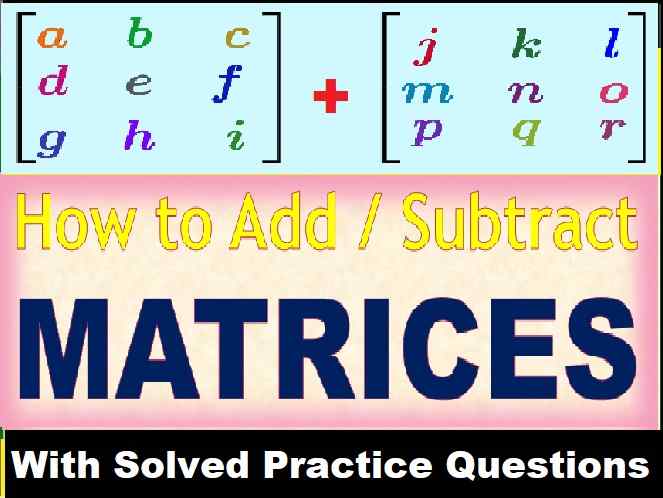The Force Objective-1 HC Verma Solutions Concept of Physics Vol-1 Ch-4 for Class-11. Solution of Objective -1 (MCQ-1) Questions of Ch-4 The Force HC Verma Solutions . Visit official Website CISCE for detail information about ISC Board Class-11 Physics.
The Force Objective-1 (MCQ-1) HC Verma Solutions Concept of Physics Vol-1 Ch-4 for Class-11
| Board | ISC and other board |
| Publications | Bharti Bhawan Publishers |
| Ch-4 | The Forces |
| Class | 11 |
| Vol | 1st |
| writer | H C Verma |
| Book Name | Concept of Physics |
| Topics | Solution of Objective-1 (MCQ-1) Questions |
| Page-Number | 62 |
-: Select Topics :-
Objective-I
The Force Objective-1 (MCQ-1) HC Verma Solutions
Concept of Physics Vol-1 Ch-4 for Class-11 2020-21 Edition
Page-62
Question-1
When Neils Bohr shook hand with Werner Heisenberg, what kind of force they exerted ?
(a) Gravitational
(b) Electromagnetic
(c) Nuclear
(d) Weak.
Answer-1
the option (b) Electromagnetic is correct
Explanation:
When Neils Bohr shook hand with Werner Heisenberg, electromagnetic force is exerted on each other. This is because when their hands made contact with each other, the atoms at the two surfaces come close to each other. The charged constituents of the atoms in the hands exert forces on each other and, as a result, a measurable force is produced.
Question-2
Let E, G and N represent the magnitudes of electromagnetic gravitational and nuclear forces between two electrons at a given separation. Then
(a) N>E>G
(b) E>N>G
(c) G>N>E
(d) E>G>N
Answer-2
the option (d) E>G>N is correct
Explanation:
Between two electrons at a given separation, the strongest acting force is the electromagnetic force. The gravitational force is the weakest force between any two particles. There is no nuclear force acting between them, because it exists only in the nucleus (between proton-proton or neutron-neutron or both).
Question-3
The sum of all electromagnetic forces between different particles of a system of charged particles is zero
(a) only if all the particles are positively charged
(b) only if all the particles are negatively charged
(c) only if half the particles are positively charged and half are negatively charged
(d) irrespective of the signs of the charges
Answer-3
the option (d) irrespective of the signs of the charges. is correct
Explanation:
The sum of all electromagnetic forces between different particles of a system of charged particles is zero irrespective of the sign of the charges, because electromagnetic force is a vector quantity that depends upon the direction. So, we consider the directions while adding vector quantities.
Question-4
A 60 kg man pushes a 40 kg man by a force of 60 N. The 40 kg man has pushed the other man with a force of
(a) 40 N
(b) 0 N
(c) 60 N
(d) 20 N
Answer-4
the option (c) 60 N is correct
Explanation:
According to Newton’s third law, which states that an action-reaction pair of forces are equal in magnitude, the man who weighs 40 kg will push the other man with the same force of 60 N.
—: End of The Force Objective-1 (mcq-1 ) HC Verma Solutions Vol-I :–
Return to – HC Verma Solutions Vol-1 Concept of Physics
Thanks


